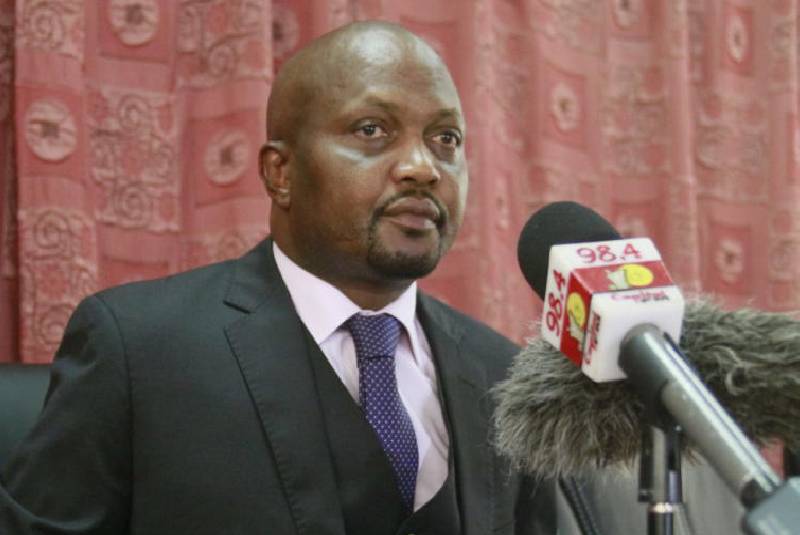×
The Standard e-Paper
Smart Minds Choose Us

Gatundu South MP Moses Kuria. [Photo, Standard]
A new referendum proposal radically wants each party in the presidential contest to involve a team of five people in its ballot paper.